I don't believe in myths of decline or myths of progress, even as regards the literary scene
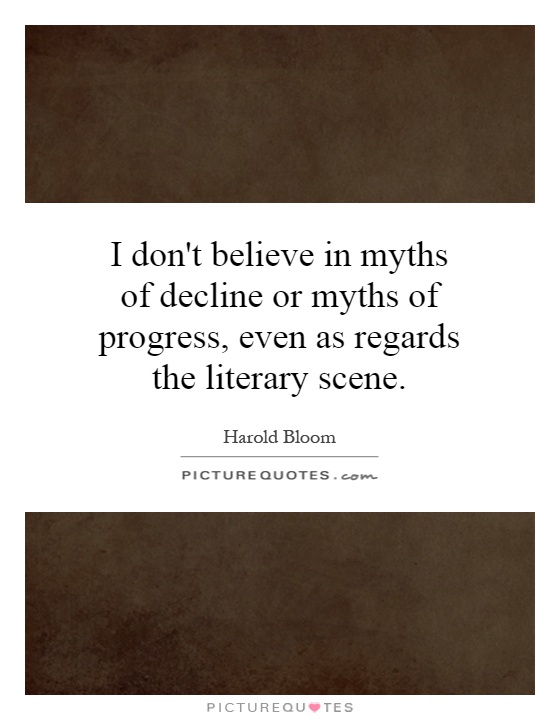
I don't believe in myths of decline or myths of progress, even as regards the literary scene
Harold Bloom, a renowned literary critic and scholar, is known for his controversial views on the literary canon and the state of contemporary literature. One of his most famous quotes is, “I don't believe in myths of decline or myths of progress, even as regards the literary scene.” This statement encapsulates Bloom's skepticism towards the idea that literature is either constantly improving or deteriorating over time.Bloom's rejection of the notion of decline or progress in literature is rooted in his belief in the enduring power and relevance of great works of literature. He argues that the classics, such as Shakespeare, Dante, and Milton, will always be relevant and influential, regardless of the changing trends and tastes in literature. Bloom believes that these works possess a timeless quality that transcends the limitations of any particular era or cultural moment.
At the same time, Bloom is critical of the idea that literature is constantly progressing towards some ideal form or standard. He rejects the notion that newer works are inherently better or more valuable than older ones simply because they are more recent. Bloom argues that each work of literature should be judged on its own merits, rather than being evaluated based on arbitrary notions of progress or decline.
Bloom's views on the literary scene are also influenced by his belief in the importance of individual creativity and originality. He is a staunch advocate for the idea of the “anxiety of influence,” which posits that all writers are influenced by those who came before them, and that true greatness lies in the ability to transcend and transform these influences into something new and unique.
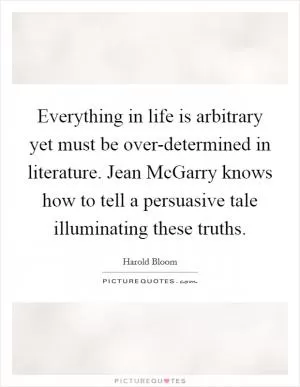
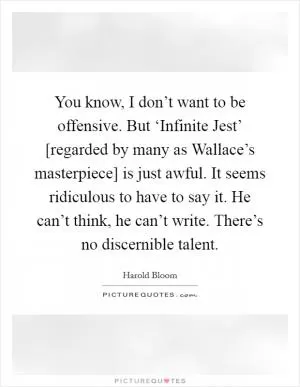
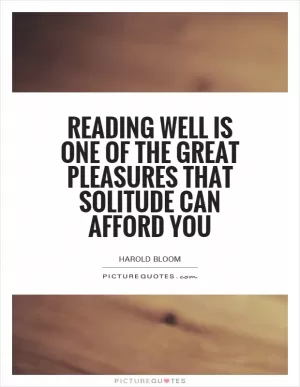
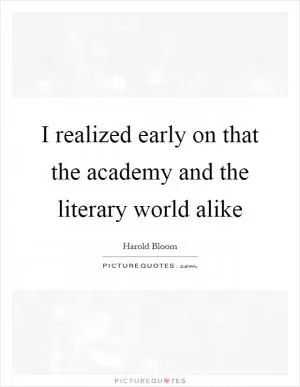
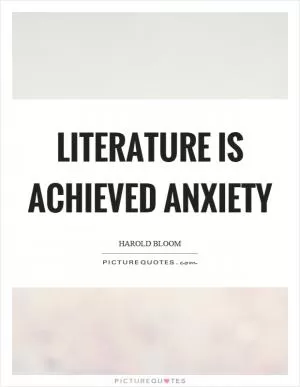
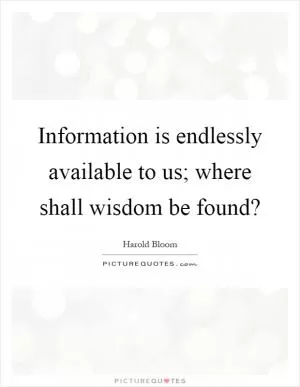


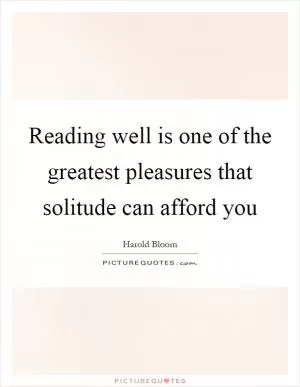


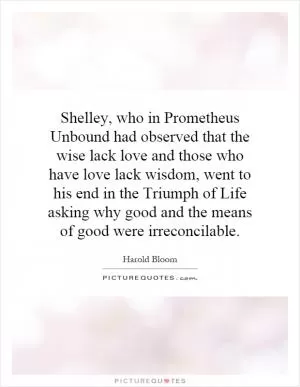
 Friendship Quotes
Friendship Quotes Love Quotes
Love Quotes Life Quotes
Life Quotes Funny Quotes
Funny Quotes Motivational Quotes
Motivational Quotes Inspirational Quotes
Inspirational Quotes